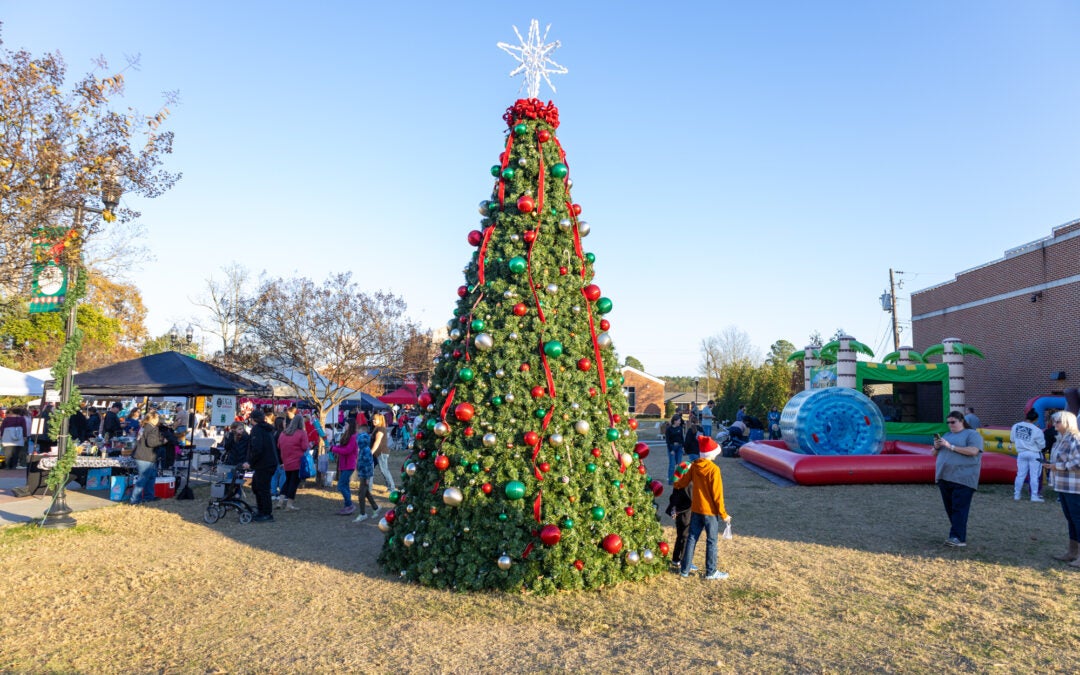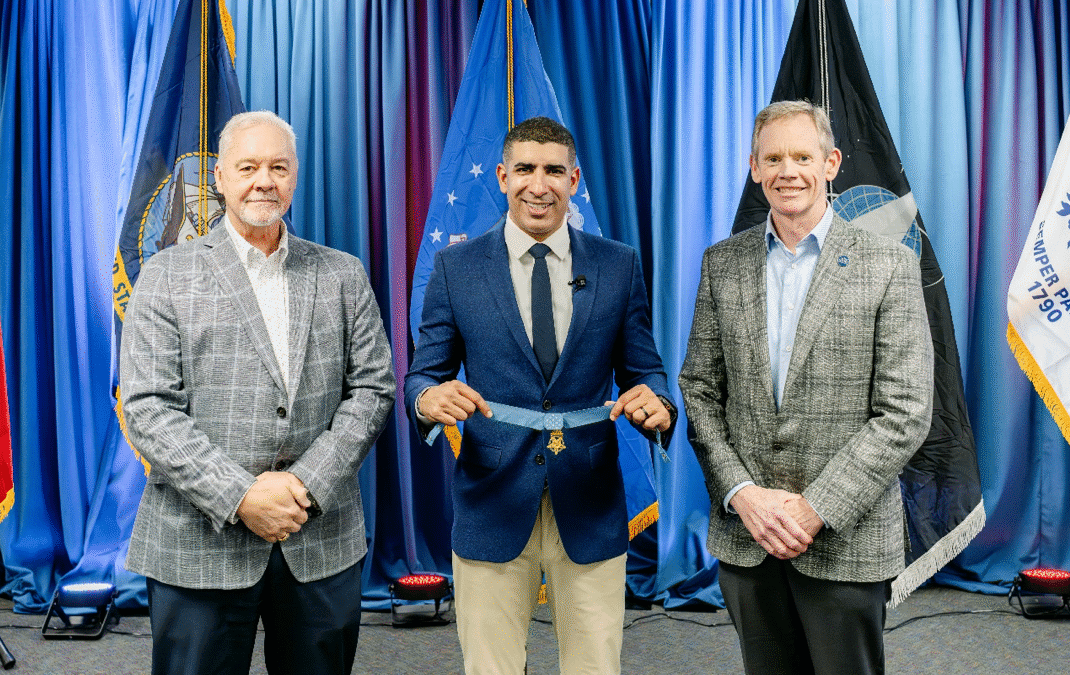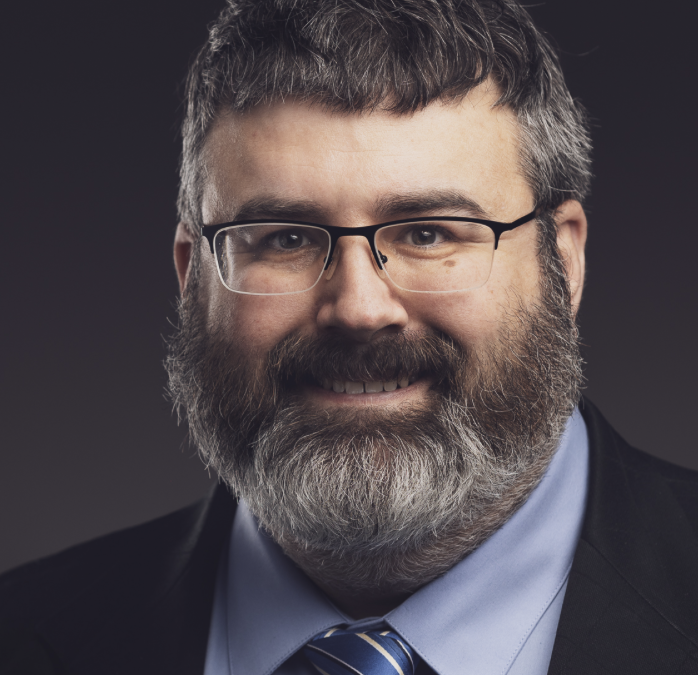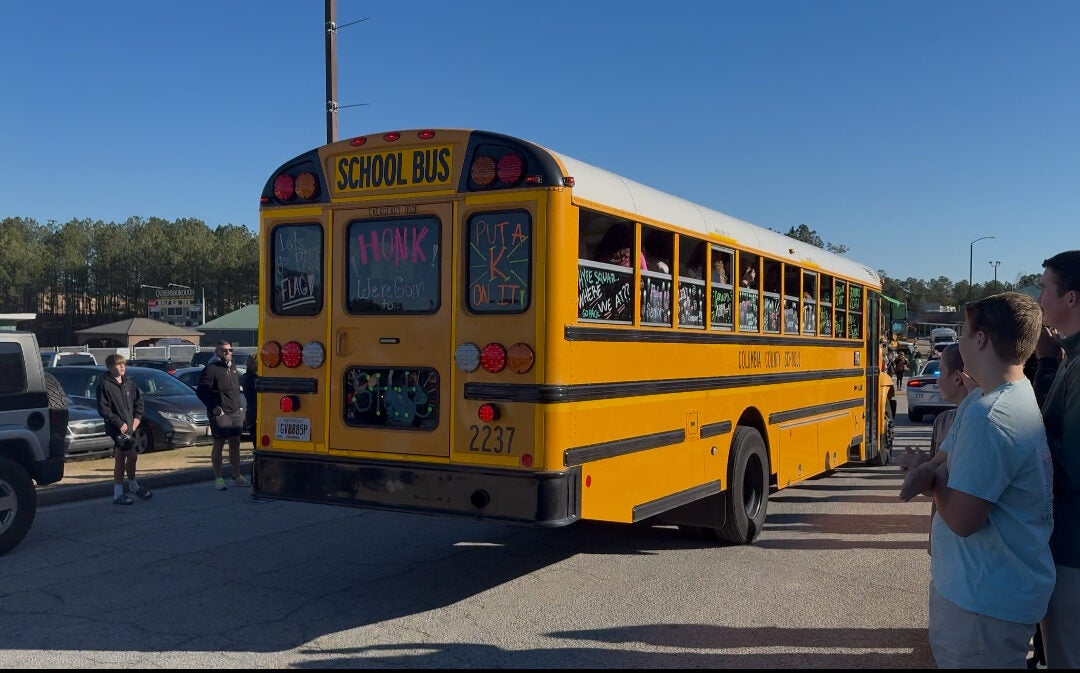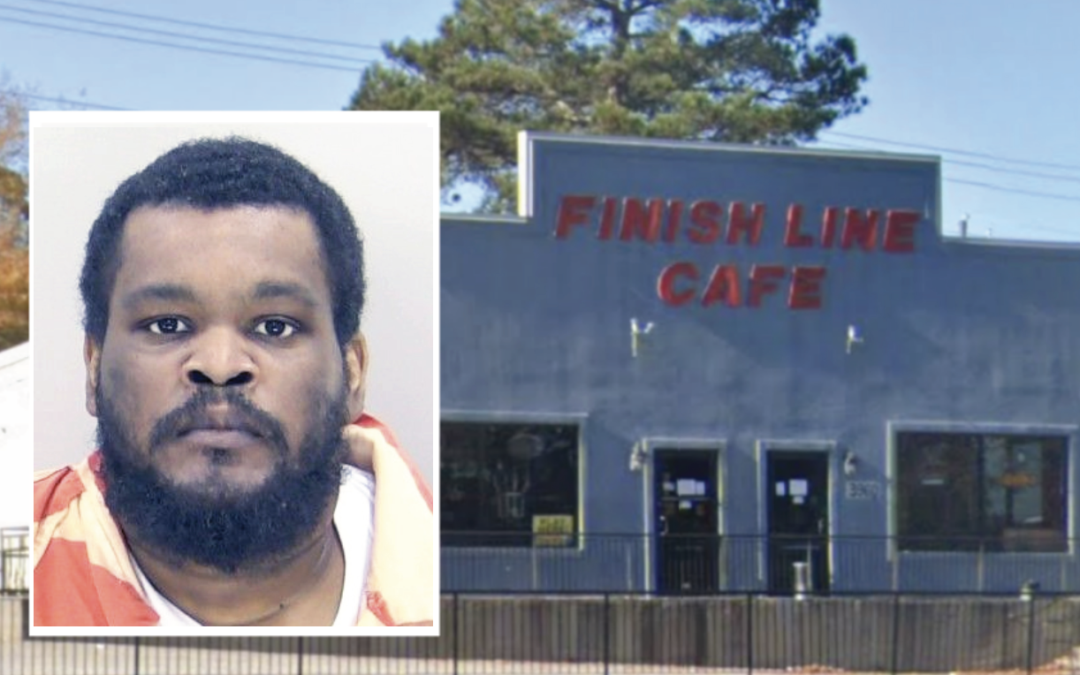Genesis
I grew up the son of a “child of the Great Depression.” Defined as one born between the years 1929 and 1939, this generation experienced a period of economic despair and crushing unemployment. Born in 1933 in Burke County, my father observed the depravity, economic collapse and food shortages requiring the most severe austerity measures and frugality for survival. Mom was born in 1932 to a Germanic descent machinist who, no doubt, saw many of the same hardship with three girls and a farm to run.
Frugality defined or “penny pinching at its best”
I didn’t know the reason growing up for many of these practices, nor did I know they were not mainstream. I give some examples, not to disparage but, to illustrate.
Our water heater was switched off at the breaker until we needed to take a shower. Then it was switched on with enough time for water to get warm and shower. When showering, we would get wet and lather up a wash cloth then shut off the water. After scrubbing, the water was cut on to rinse off. Then the water heater was shut back off. This was not an inconvenience in the summer, but in the winter made for a quick wash. You see, the shower was a late add-on and in an unheated portion of the garage as was the shower at mom’s parents’ home in Ringgold, Ga.
We had no air conditioning in our home up until I got married in 1979. An attic fan at night and effective curtains to keep out the heat made the home’s temperature manageable. As a result, all us kids had a remarkable resilience to daytime heat and were “brown as biscuits” during the summer.
Many moms canned vegetables and fruits. We went the next level with a huge garden for veggies and trips down Peach Orchard Road to pick peaches. Apples were cut into strips and laid in the sun to dry for freezing. The rind of a watermelon was turned into preserves (they were delicious on toast). If there were inexpensive ways to get edibles, mom and dad were experts at spotting and capitalizing on them. We picked blackberries in Burke County on Skinner Hill with the warning “keep an eye out for snakes.”
In the loop where Peach Orchard Road meets Gordon Highway West were pecan trees we picked under. Mom and dad recognized and took advantage of what God made available with some sweat of the brow for much less than the price at the grocery store.
Mom discovered the “day old bread” store behind Southgate and bought bread at pennies on the dollar, then froze it for future consumption. As an aside, the first time I ate a fresh bread peanut butter and jelly sandwich that stuck to the roof of my mouth, I was confused.
Never mind the eyes rolling back as I tasted whole milk after drinking powdered milk all of my life.
A Scot’s Way
I didn’t mention that Dad was a seventh generation Scot and undoubtedly inherited the Scottish trait of being tight with a dollar. Abram Lively, a Scottish highlander, fought in the Battle of Bloody Marsh in the War of Jenkins Ear in 1742 at St. Simon’s Island for General Oglethorpe.
Another byproduct of his raising was he never threw anything away if it had any potential for future use. His backyard became a scrapyard of sorts. If it had screws, nuts and bolts, hinges or was a stout piece of iron or steel, it wound up in the scrapyard. Periodically, us boys were called to help load up the truck and trailer with items deemed unusable, and a trip to Goldbergs was made where the rusty pile was redeemed for folding money.
There was an imaginary line at the end of the yard only mom knew where it was. When the scrap started to creep past that imaginary line, she would gently urge dad to clean up the backyard.
Eventually, it all pays off
The benefit of maintaining a scrap yard was the vast array of parts and pieces which could be repurposed to repair almost any broken car, truck or other item. With four boys, something was always being broken, then patched back together from pieces found in the scrapyard. I remember when dad acquired an acetylene torch and an old Lincoln welder. Now big pieces could be cut apart then joined with other pieces to repurpose and, yes, fix something.
This was all long before the Internet and Google and Amazon made parts available the next day. It was also a time when a dollar bought a bunch of stuff and had much greater value than today.
Dad and a friend once built from scratch a complete trailer which was stout, road worthy and used frequently.
Proud of my Raising
At this point I want to be very clear. I have zero regrets, zero animus, nothing to be ashamed of or angry for from my childhood. In fact, I loved every moment and tasted things, smelled things, learned things and heard things many have not had privilege of. I was being trained on survival. I was being trained on frugality. I was being trained to look for the best price, best yield, best bargain to be found. I was raised on the old, “Make do with what you have” philosophy. Call it poor White privilege if you must label. The extrapolations from that may be boiled down to “Learn to enjoy what you have, where you are and when you have it.” Latin is Carpe Diem, “seize the day.” Make do with what you are given.
The transition
Then one day I woke up, and had become my dad. I have the tools, equipment, and a scrapyard or shop full of nuts, bolts, screws and hardware sufficient for 80% of any repair. It is a double edged sword where I am accused of being a hoarder one moment, then quietly appreciated for having just the right parts and pieces to do a major expense repair for a small cost and much ingenuity. As a father and grandfather, I admit to a swell of satisfaction when that old piece of junk I saved for 10 years has exactly the parts needed to repair some broken machine or implement. Now, finding that saved piece of junk or where I stored that part is subject for another day and another article.
Then that becomes an expectation and disappointment follows when the right parts can’t be found.
You are who you were raised to be
I would propose that what emerges and is handed down from such behavior is a different perspective. That difference in perspective has altered all of my children’s way of thinking, whether they recognize it or not. My children recognize the difference between having an oil change at a local shop for $140 to buying the parts and doing it yourself for $60. They have learned rather than buy IKEA furniture for $150 that lasts for six months, they can buy the same item on Marketplace or get it for free, refinish real wood and have better quality for half the price. They know how to buy food in bulk, fix large quantities and freeze for future consumption.
They search for solutions before they toss a $400 TV with a bad board available online. They take apart a dryer and research why it doesn’t cut off at the right time. They research and blow out walls in rooms, add walls in other areas. They install roofs on their homes due to the difference in cost of materials versus contracting out jobs. They have learned the value of what used to be called “Sweat Equity.”
Heck, my wife researched how to fix our dryer, bought the parts and…..asked me to install them. I did, and she fixed it!
It’s not what you make….
In this age and time, dad’s saying, “it’s not what you make, but what you do with what you make” rings so true and will make the difference between future success and failure for these new generations. As the dollar becomes less and less valuable, being able to be self sufficient becomes more and more important. It’s what you do with what you make.
The new meaning of “networking”
As a nation, we must return to our roots of efficiency, frugality, self reliance and individual independence. Government is not the solution. It boils back down, as it did before, to relationships. Neighborly, family, regionally. We must learn who in our circle of friends has what skills, or even use old/new fashioned networking by word of mouth. I need this! I know a guy, who knows a guy whose brothers wife’s husband does that. Skills and crafts are making a comeback, as predicted many years ago.
Find “the junk man.” He knows them all.






